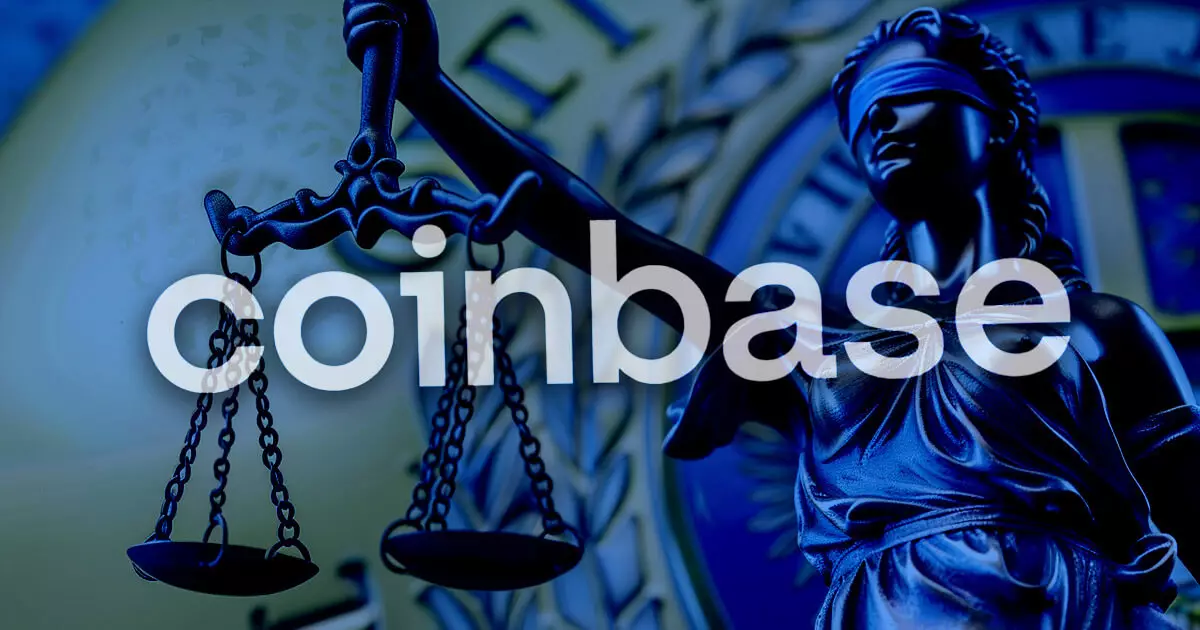Coinbase, a prominent player in the cryptocurrency exchange landscape, has initiated a significant battle against the US Securities and Exchange Commission (SEC). At the center of this conflict is a motion for partial summary judgment, where Coinbase seeks access to internal SEC documents aimed at unpacking the agency’s enforcement strategies within the burgeoning cryptocurrency industry. This legal conflict arises from the SEC’s rejection of requests made under the Freedom of Information Act (FOIA) by a consulting firm, History Associates, which Coinbase had engaged to better understand the regulatory stance on digital assets.
FOIA serves as a crucial mechanism for promoting transparency in governmental operations, allowing the public access to a wealth of information. However, the SEC has invoked FOIA Exemption 7(A), which is designed to shield documents related to ongoing law enforcement proceedings. This initial denial led to frustration, particularly because the SEC later indicated that there might be a reevaluation of this exemption’s applicability. Despite this acknowledgment, the SEC has proposed an extensive three-year window for document review, sparking concerns that such delays reflect an unwillingness to share critical information with the public and industry stakeholders.
The ambiguity around the application of securities laws to the crypto sector further complicates matters. The SEC’s vague definitions regarding which digital tokens may be categorized as securities have created an environment of uncertainty that many industry participants regard as detrimental. Coinbase’s lawsuit aims not only to gain access to the withheld documents but also to push for clearer regulatory guidelines.
The timeline on which the SEC plans to review the documents has raised eyebrows. While the agency asserts that a thorough review is essential to ensure no sensitive law enforcement details are exposed, History Associates views these delays as unwarranted and overly bureaucratic. The proposal put forth by Coinbase suggests a bifurcated review path, focusing first on internal communications that could elucidate SEC policies before addressing third-party records. This tactical maneuver reflects a strategic push to streamline the process and prioritize transparency.
Contextually, this lawsuit is part of a larger narrative where the cryptocurrency sector grapples with regulatory frameworks that many view as stifling innovation. The SEC’s approach has drawn criticism for being an overreach of authority, exemplified by its past actions against various individuals and entities engaged in digital asset transactions. A notable instance is the case involving Zachary Coburn, former EtherDelta founder, who faced charges for operating an unregistered securities exchange—a precedent that has heightened concerns about regulatory overreach in the sector.
Overall, Coinbase’s legal maneuvers represent a pivotal point in the ongoing discourse about regulatory transparency and fairness in the crypto industry. Their case against the SEC underscores the broader struggle for clarity and accessibility in regulatory practices as stakeholders call for a balanced approach that fosters innovation while ensuring compliance. The outcome of this lawsuit may well have lasting implications for the future of cryptocurrency regulation in the United States, emphasizing the need for clear, consistent policies that align with the rapidly evolving digital landscape.

